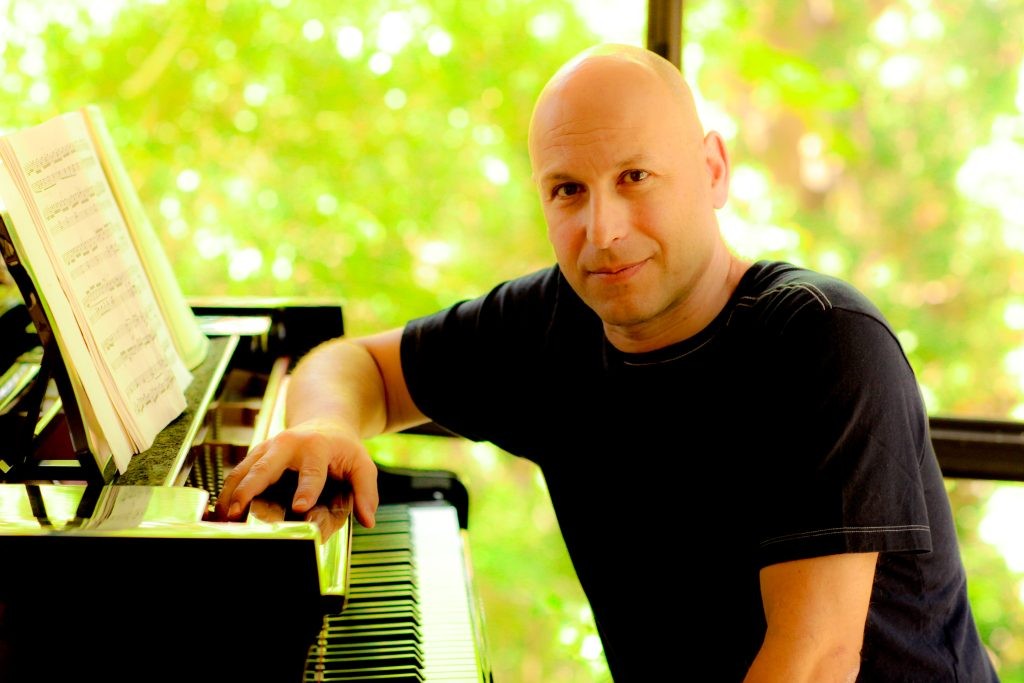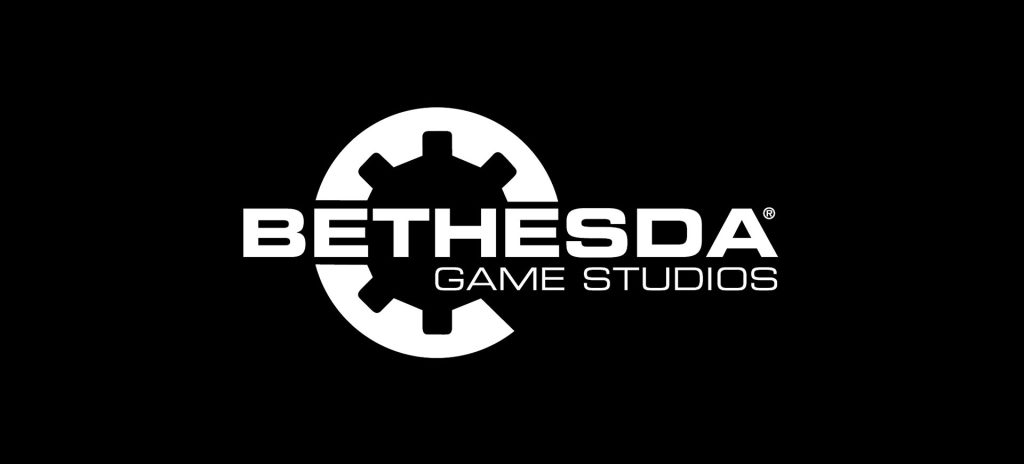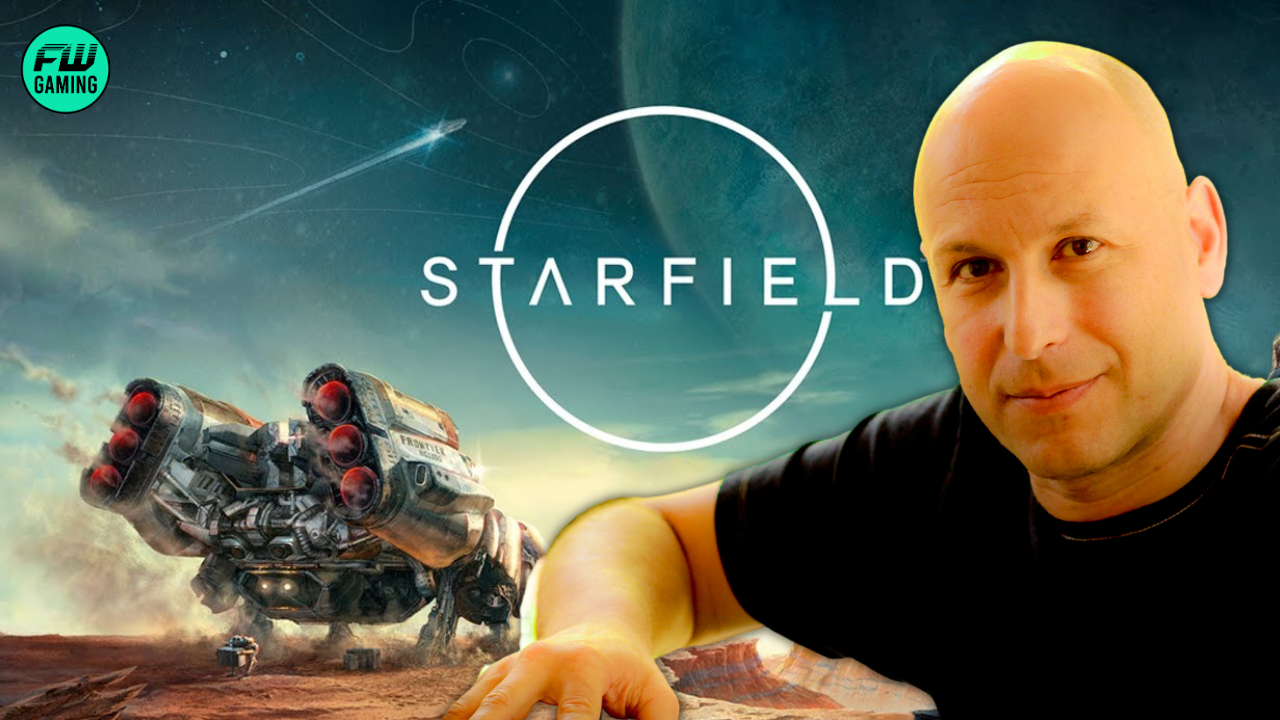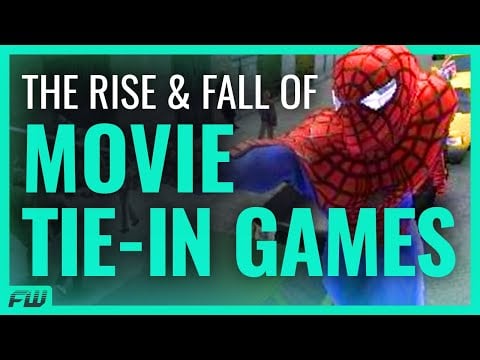We were lucky enough to speak to the endlessly talented Inon Zur, a composer responsible for some of the biggest and best video games soundtracks of the last two decades.
If, like us, you wondered how composers score and compose the video games we love, then this interview with Inon Zur will get of real interest.
Q. How was your approach different when scoring Starfield compared to your other Bethesda projects?
Starfield is a new universe with a very different theme story-wise, and concept-wise it is extremely different from Fallout or The Elder Scrolls. So with Starfield it was a different approach, musically, philosophically and emotionally. To this end, we had to build and craft a new sonic palette and of course create original themes, unlike continuing with another franchise installment where the sound and style is already established. For Starfield we created a sound palette and score from the ground up so it was a really exciting and challenging journey.
Q. What’s the most challenging aspect of composing for a video game compared to other mediums?
In games, you are not locked to any picture so the challenge is to write a piece of music that seamlessly fits the full scope of various situations and events within a given area. The way I generally approach scoring games is to find the right emotion and to capture this rather than trying to describe each action, place or specific event. So I always start from an emotional perspective, the emotion you want to evoke with the player. If you achieve that then you can cover a vast majority of the situations in-game without worrying about anticipating a player’s every move. If you focus on the emotion you want to evoke then you will succeed. Ultimately music is music and its first role is always to create emotion and atmosphere.

Q. Who are your idols and biggest inspirations, and who or what started you on this path?
Well, some of my favorite classical composers include Bach, Beethoven, Brahms, Debussy, Dvořák, Stravinsky, and Prokofiev. And film composers such as John Williams, Jerry Goldsmith and Thomas Newman. But I also really enjoy jazz composers like Keith Jarrett, Herbie Hancock and Mile Davis. And I love bands such as The Beatles, The Police and Queen.
Music was in my life from a very young age and I was always passionate about composing music but when I came to the US in 1990, I originally wanted to be a jazz pianist! I studied film scoring at UCLA and then started in TV as a composer at the FOX Family channel scoring live action and animated TV shows such as Power Rangers and Digimon for several years. Around 1996 a music agent, Bob Rice, (RIP my mentor and industry pioneer Bob Rice who passed away this year) reached out and asked me if I would be interested to score video games. Initially I was not interested until I researched some more and he convinced me there were opportunities to work with live orchestras so that really got my attention. My first score was a Klingon opera for a Star Trek game with Interplay and Paramount. And the rest, as they say, is history.
Related: Starfield Is Slowly Transforming Into a Star Wars Game
Q. What drew you towards wanting to compose for Bethesda and other video game developers/properties?
The freedom of artistic choice that games offer is extremely attractive to me as a composer. The opportunity to write music scores that are not bound to a specific picture is very appealing. It often feels more like freeform writing or classical concert composition, whereby I’m writing a piece of standalone music rather than a cue that is accompanying media, especially for the type of epic open-world, role-playing games which Bethesda Game Studios is known for. The worlds that Bethesda creates are multi-dimensional, they are very deep with many layers and you can find many emotional aspects in their world-building. I’m a classically-trained composer so I’m able to compose music in a way that brings me towards what inspired me to be a composer in the first place.

Q. What makes a great score in your opinion?
In my opinion, a great score is one that you don’t hear all the time but you feel. If you constantly notice the music and follow the rhythm or the theme, in many cases that will be distracting and therefore the music may take you out of the experience instead of immersing you and accompanying your journey. So I think the best score is one that you do not get distracted by but you feel its presence and it dictates the emotion that you are meant to feel in a certain moment, it gives you a lift when you need, the thrill, the fear, or the excitement when you need, without being overbearing or pulling you out of the experience.
Q. Other than your own work, what would be your favourite video game score/soundtrack?
I would say the Assassin’s Creed games by Jesper Kyd and the Uncharted series by Greg Edmonson are two of my favorites.
Related: Starfield Continues to Climb With Massive Player Count
Q. How did you approach scoring Starfield? Was it a matter of looking at specific missions, planets or characters and then composing from there? Or did you have an idea of what you’d like the game to sound like, and instead composed from that with no source material, as such?
One of the first things Bethesda starts with on a project is the music. Following my first meeting with Todd about the game, I was immediately inspired by the concept and ideas behind Starfield – the adventure, exploration, mystery and vastness of space. I first composed what this evoked philosophically and what was inspiring to me from a thematic point of view.
These initial concept pieces I wrote for Starfield were to establish the game’s signature sound and then the musical journey evolved as I learned more about the game. Starfield encompasses a classical symphonic palette, to echo the grandeur and mystery of space, together with crafted, organic electronic synth sounds, to build the soundscape of this epic sci-fi adventure.
Q. At what point of development were you brought on board to compose, and did your score directly change the approach of the narrative or visual designs being implemented?
I joined the game during its very early conceptual stages at the beginning of 2016. I was invited by Todd Howard for a secret meeting at their studio. I was very excited about this invitation as nothing was revealed to me upfront. He did not share many details yet but we discussed some of the ideas behind Starfield and I was so excited about the game’s concept – the adventure, exploration, mystery and vastness of space – that I went back to my studio and wrote some pieces of music inspired by our meeting and sent these pieces to Bethesda. These conceptual pieces became some of the pillars for the soundtrack and was shared with the developers for inspiration, so they created the game’s art and design aesthetic along to this music.

Q. What would be your dream project, whether it would be in film, TV or video games?
I think anything that has a blend of artistic forms, like dance, painting and art drawing, something which features a combination of the arts, would be very interesting to me.
Q. And following on from that question, are there any projects you’d have liked to have scored, given the chance, and how would you have approached it differently to what we ended up with?
I’ve always been a huge fan of the James Bond universe so I’d love to write a big band jazz orchestral score for a game/film/TV set in 007’s world.
As with every interview, we appreciate Inon Zur’s time and effort to talk to us! What do you think of his work? Especially his most recent on Starfield? Let us know in the comments!
Follow us for more entertainment coverage on Facebook, Twitter, Instagram, and YouTube.



